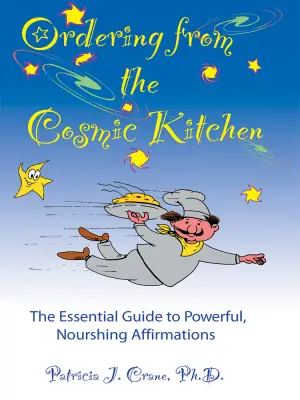Review of "Terror at the Gates" (Blood of Lilith, #1) by Scarlett St. Clair
The allure of diving into a book steeped in rich mythological themes is a strong pull for me. So, when I stumbled upon Terror at the Gates by Scarlett St. Clair, I felt a mix of excitement and trepidation. My prior encounter with St. Clair’s work, her Hades/Persephone retelling, left me a bit underwhelmed. However, this new narrative promised a fresh exploration of Christian mythology intertwined with familiar figures like Lucifer and Lilith—a tempting proposition for any fan of dark fantasy.
As I turned the pages, I was struck by an immediate sense of ambivalence. The setting—a mysterious, dangerous city in a desert—offered tantalizing potential. Unfortunately, the world-building felt almost nonexistent. The author mentions the seedy nature of this city a couple of times, but the sensory details that would truly immerse the reader were glaringly absent. I found myself a little lost, craving more context about this universe.
In terms of characters, Lilith deserved to be a complex figure: an heiress escaping a suffocating family, navigating a misogynistic world. Yet, I couldn’t connect with her journey. Far too often, it felt like her development was sidelined in favor of romance rather than the exploration of her identity and independence. Instead of witnessing her growth, I found her to be caught in a repetitive cycle of needing to be “saved,” which ultimately dulled any potential feminist undertones that were hinted at.
The romance with Zahariev fell short of exciting or compelling. Their dynamic seemed to recycle tired tropes—she was the damsel, and he the brooding protector. In moments where passion could ignite tension, I often found myself rolling my eyes instead of leaning in closer. Dialogue didn’t help bolster the connection; the cringeworthy exchanges made me wince at times. The pauses for “bad-boy Alpha” lines felt excessive, detracting from the moments that should have sizzled.
In terms of narrative pacing, the story felt off-kilter. Key elements, like the intriguing subplot of Lilith wanting to dance in Zahariev’s club, dropped abruptly without further exploration. It’s almost as if St. Clair set up fascinating threads only to leave them hanging, which left me with a nagging sense of frustration.
Listening to the audiobook did salvage some of the experience for me. The female narrator brought Lilith’s voice to life in a way that felt authentic and engaging, while the male narrator’s approach to Zahariev presented an interesting, albeit mismatched, perspective that I struggled to reconcile with the character’s age.
Ultimately, Terror at the Gates offered me a mixed experience. While my background with St. Clair’s earlier work may have influenced my perspective, I believe there’s something here for readers who enjoy a light, escapist narrative. If you’re someone who can appreciate the blend of mythology with romance—albeit executed in a fairly shallow manner—then you might find some entertainment value in this book.
As for me, it left me wishing for a richer dive into its potential themes and characters. I walked away feeling more indifferent than enchanted, but perhaps that’s the necessary push I needed to delve deeper into works that handle mythology with more depth in the future.
Discover more about Terror at the Gates (Blood of Lilith, #1) on GoodReads >>






